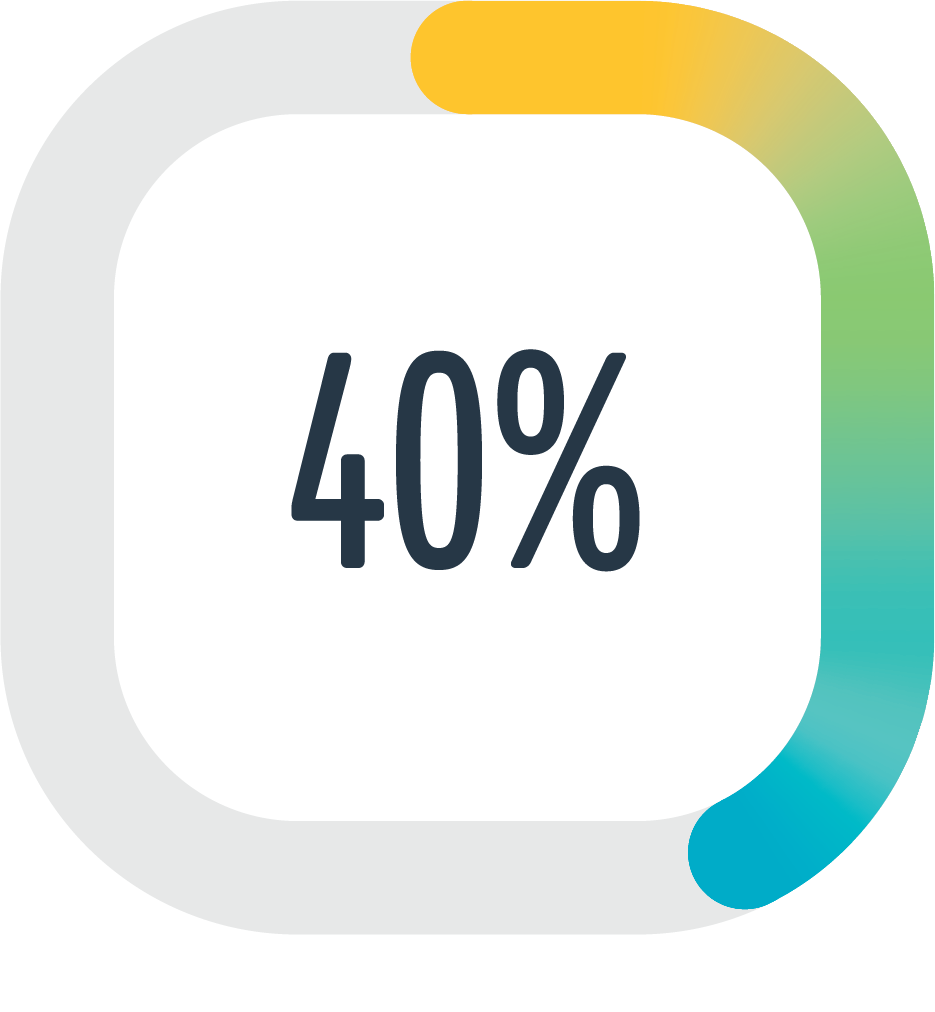The Great Resignation – is your business immune?
There’s no denying the impact of Covid 19 on jobs and labour markets with employee turnover, being a hot topic. Forced isolation and lockdowns have offered many of us the opportunity to rethink our lives and values – including the social contract between employer and employee.

There’s no denying the impact of Covid 19 on jobs and labour markets with employee turnover, being a hot topic. Forced isolation and lockdowns have offered many of us the opportunity to rethink our lives and values – including the social contract between employer and employee.
So, what happens when an experienced manager is swept up in the “Great Resignation” and their departure puts the business under pressure to find a replacement?
What if that person was the most senior Records and Information Manager charged with the responsibility of managing the people and processes associated with the company’s critical records portfolio?
To make assumptions based on legacy information and data management procedures and methods, is both naïve and potentially disastrous for a business. With all the upheaval of the last two years, why not take the opportunity to reset important systems and processes. And, in the absence of an agreed succession plan, there are a few steps worth considering before filling the role.
Steps to consider:
- Conduct an internal audit of current processes and compliance obligations. What is your information retention policy? What are your key information management obligations if your organisation has adopted a hybrid model (both office staff and remote workforce)?
- Assess all existing responsibilities of the role. Can some of these be realigned? Are they all still relevant?
- What is the relationship between your records department and overall business continuity within your organization?
- Do you have an offsite document storage arrangement? How is your current offsite storage provider performing?
The above points are all legitimate considerations when it comes to the proper management of data and records in a complex environment with many moving parts.

Dealing with change can be challenging
We’ve noticed from the enquiries we’ve received over the past two years, that many businesses were unprepared for major disruption. The need for specialist assistance has only grown as businesses have become increasingly reliant on digital platforms and systems to remain relevant and operational. As a trusted information management partner to thousands of businesses and organisations across Australia and New Zealand, we often find that organisations unknowingly devote too many resources (both financial and human) to inefficient document and data management systems and processes
So, if you need to find a new Records and Information Manager, rather than fill the position and continue as normal, we suggest first finding an experienced information management specialist to talk to. This discussion will raise points that might have previously been overlooked and will allow time to discuss the information/feedback gleaned from your internal audit (mentioned earlier in this piece). With a better understanding of your business and importantly, how your business operates (for example – how you use paper and electronic files), a specialist will be able to tailor a proper solution for your business. This will take into account your current processes, efficiencies and costs and will result in a better-defined model that works for you. Without a proper reset designed to tailor your needs, the old CRM cliché of ‘you put rubbish in, you get rubbish out’ will remain the norm.
Today, with more and more businesses relying on digital platforms for their day-to-day business, the smartest option would be to invest in a specialist relationship that allows you to address multiple needs simultaneously. By leveraging the experience and industry knowledge of a company that specialises in information and data management, you should be able to define a tailored service or solution that sets you up for any future disruption.

According to recent research by Microsoft, more than 40 percent of the global workforce are considering leaving their employers this year.
How to protect stability
So, back to the impact of the Great Resignation. We won’t ever be able to hold on to staff indefinitely – but what we can do, is build a company infrastructure that is foundationally secure and is supported by appropriate specialist service providers. With our growing dependency on data and customer driven expectations of fast and secure digital outcomes, it makes sense to future proof a business by adopting new and smarter ways to business.
The junction between the traditional office and remote work model is here to stay and requires careful management of information and data. To survive, organisations will need to embrace innovation and adopt change. As technology drives the evolution of applications and solutions, organisations that are forward thinking, are looking for more tailored delivery mechanisms to enable value outcomes as they navigate the unpredictability of the ever-changing business world.
It’s probably a good time to acknowledge the volatility of the job market in your new Business Continuity Plan while also including the services of a recognised and trusted Information Management partner to mitigate risk and ensure operational continuity.
 Your browser is very old. It's so old that this site will not
work properly as it should.
Your browser is very old. It's so old that this site will not
work properly as it should.